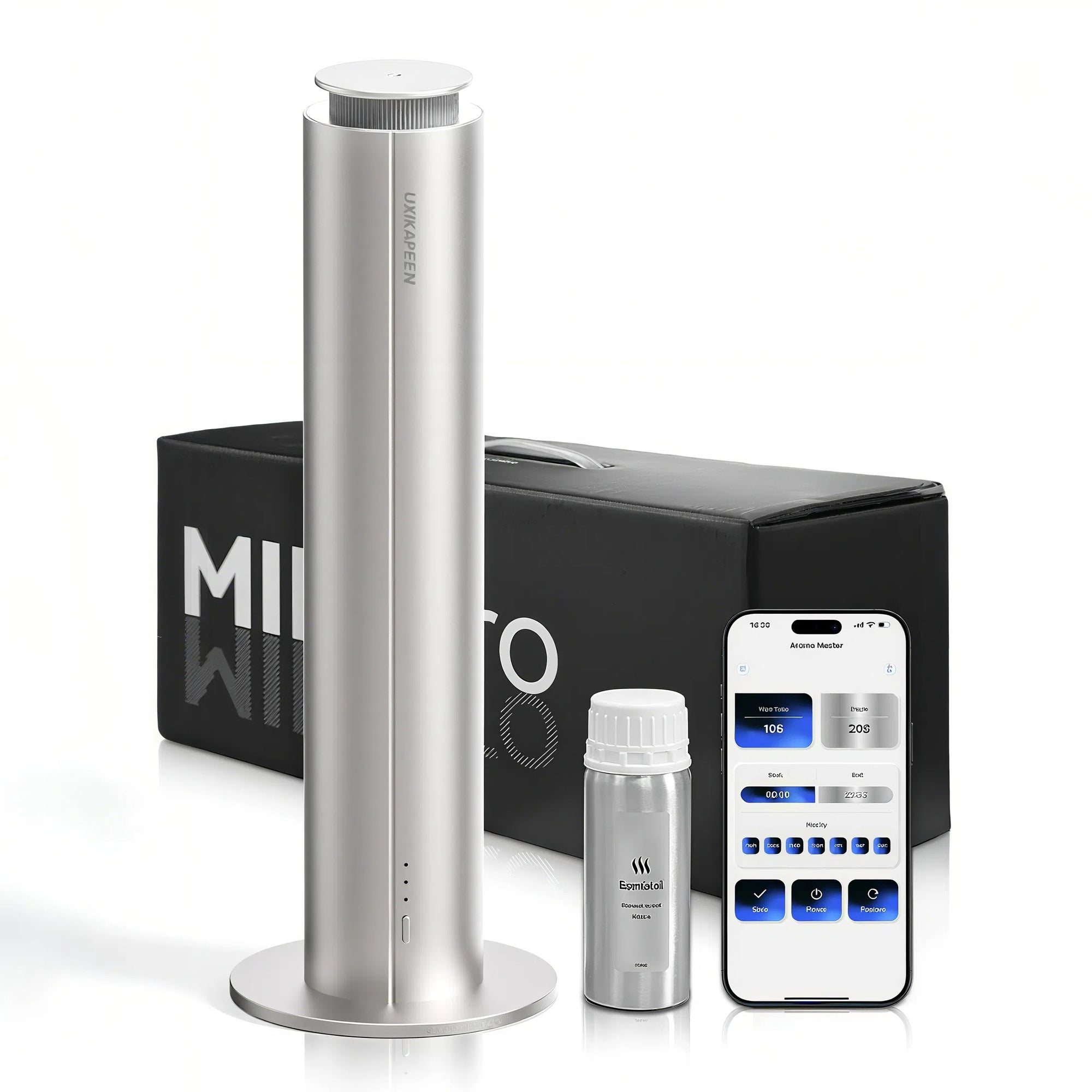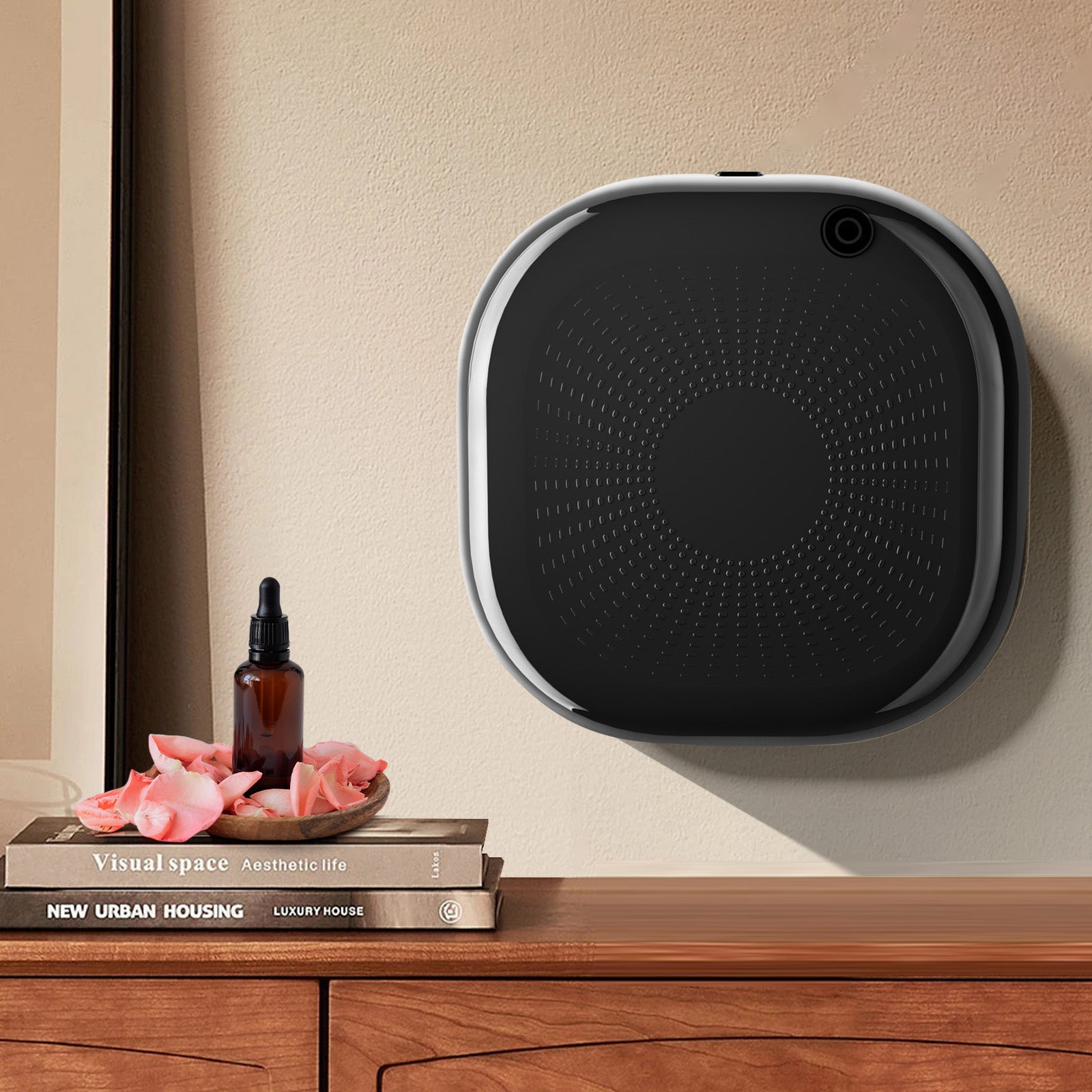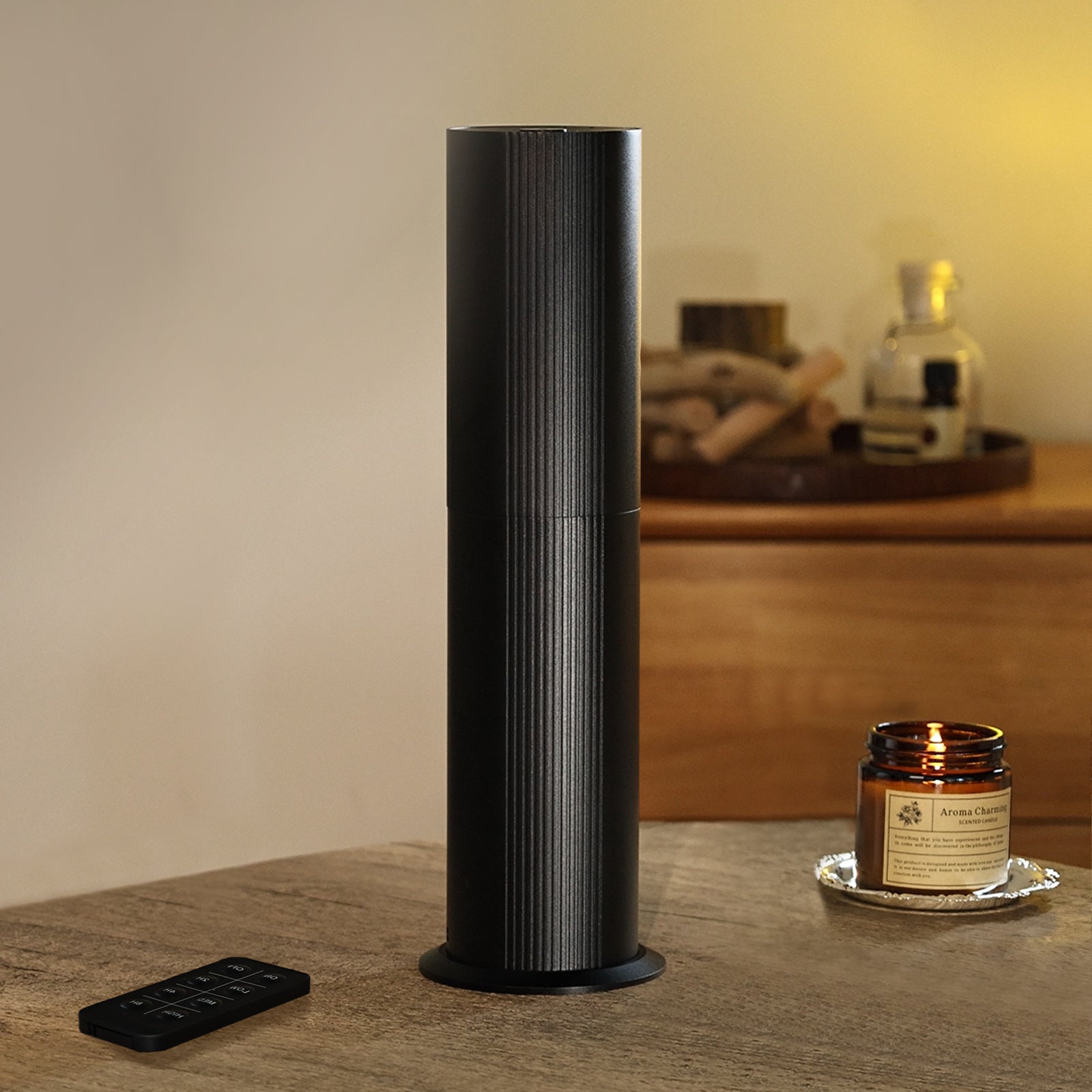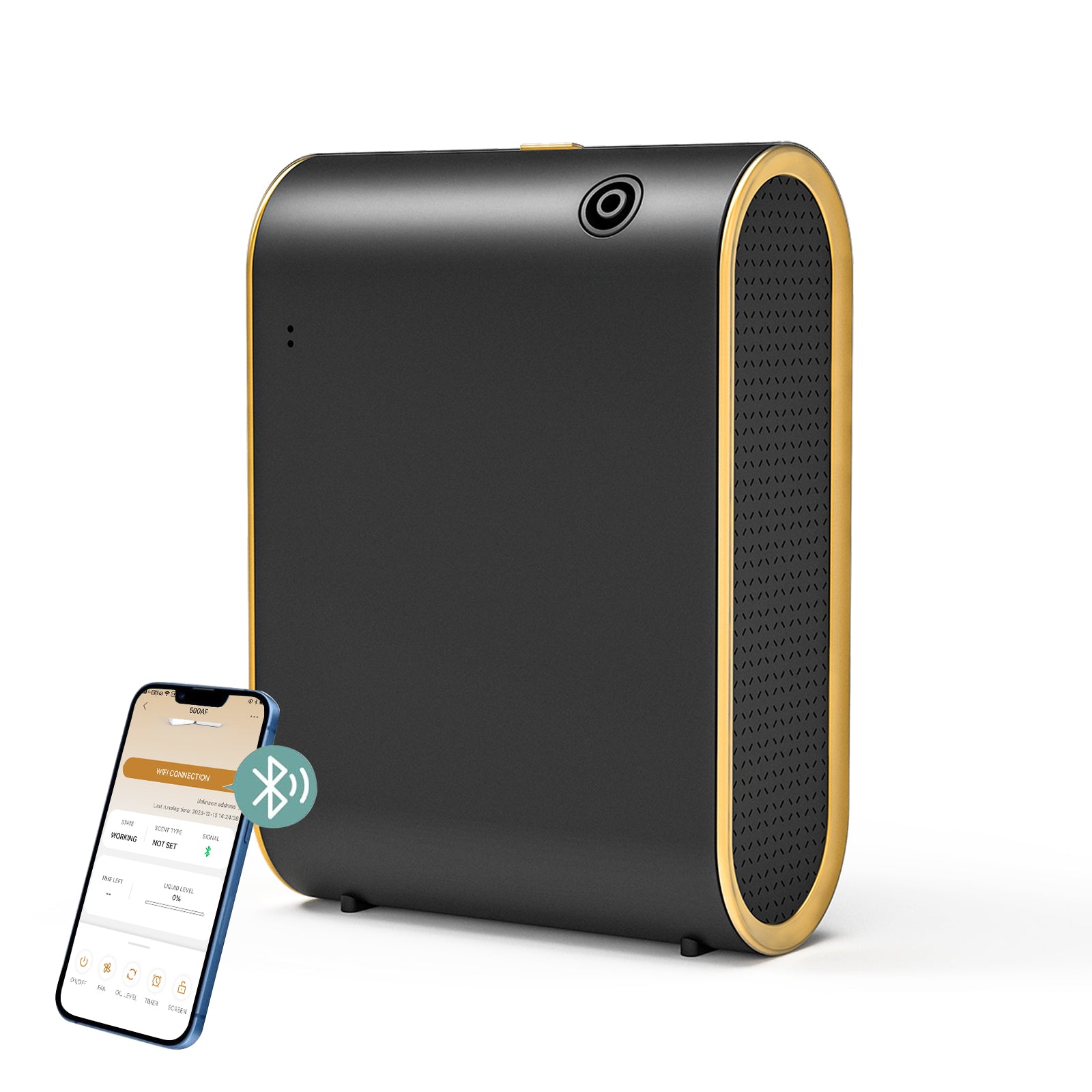Smart scent diffusers are growing in popularity for their ease of use and long-lasting fragrance effects—but many parents and pet owners rightfully wonder: Are they safe for my family? In this article, we’ll walk you through the science behind smart diffusers, explain how to use them responsibly, and provide practical tips to keep your home both safe and beautifully scented.
Table of Content
- Understanding Cold-Air Diffusion: No Heat, No Water, No Worry
- Is It Safe for Children?
- Is It Safe for Pets?
- Smart Diffusers Can Be Safe—with the Right Use
- FAQ Highlights
Understanding Cold-Air Diffusion: No Heat, No Water, No Worry
Unlike traditional diffusers that rely on water or heat, cold-air diffusion (also called nebulizing or waterless diffusion) disperses pure essential oils into ultra-fine particles using air pressure alone. This method preserves the natural compounds of the oil and avoids the risks associated with heating or misting.
Betterdiffuser uses 100% waterless cold-air diffusion—meaning there’s:
- No mold risk from standing water
- No heating elements that could pose a hazard
- No dilution, resulting in cleaner, more efficient scenting
Learn more about how our diffusers work here
Is It Safe for Children?

Yes, when used correctly.
Young children are more sensitive to airborne substances. That’s why it's crucial to:
- Use pure, non-toxic essential oils (avoid synthetic fragrance oils)
- Place diffusers out of reach and away from cribs or play areas
- Run the diffuser in well-ventilated rooms
- Avoid prolonged use near infants, especially under 3 months old
Tip: Opt for lower diffusion settings and shorter run times in children’s spaces. All Betterdiffuser models come with adjustable intensity and built-in timers.
Is It Safe for Pets?
It depends on the oil—and the animal.
Pets have stronger senses of smell and different metabolisms. Some essential oils—especially tea tree, citrus, and eucalyptus—can be toxic to cats and dogs when inhaled in large amounts or used improperly.
To safely diffuse around pets:
- Only use pet-safe essential oils (lavender and frankincense are generally considered safer)
- Ensure your pet can leave the room freely
- Never apply oils directly to your pet or their bedding
- Use the diffuser away from food and water bowls
According to the ASPCA and Veterinary Centers of America, diffused oils may be safe when used cautiously and in moderation. Always consult your vet if unsure.
Smart Diffusers Can Be Safe—with the Right Use
When used responsibly, smart scent diffusers like Betterdiffuser provide a safe, flame-free way to scent your home. Thanks to waterless, cold-air technology, they’re ideal for households that want to avoid the risks of mist, heat, or messy refills.
- Safe for homes with children and pets
- Free from open flames or heated oils
- Customizable intensity via mobile app
- Supports clean, even scenting in large spaces
Ready to explore waterless diffusing? Discover our best-selling smart diffusers for home and commercial use.
FAQ Highlights
Q: Can I use a diffuser in the nursery?
A: Yes, but choose gentle oils like lavender and use a low setting for short periods. Always consult your pediatrician.
Q:What essential oils are unsafe for pets?
A:Avoid tea tree, citrus (especially orange and lemon), cinnamon, clove, peppermint, and eucalyptus. Consult this pet safety list from the ASPCA.
Q:Is Betterdiffuser suitable for pet-friendly homes?
A:Yes—with proper oil selection and ventilation. Browse our pet-safe usage guide for details.









































